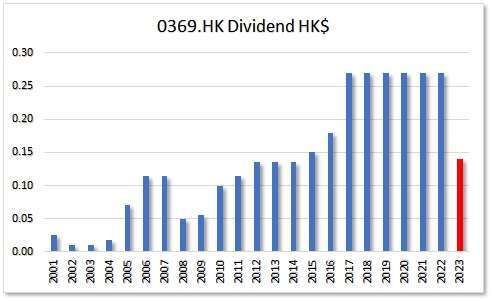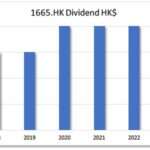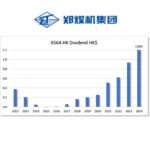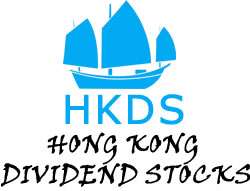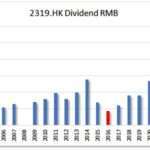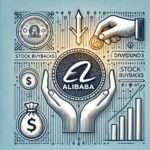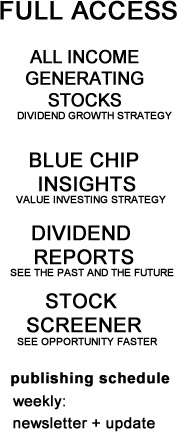Understanding Alibaba’s Share Buyback: A Strategic Move for Dividend Growth Investors
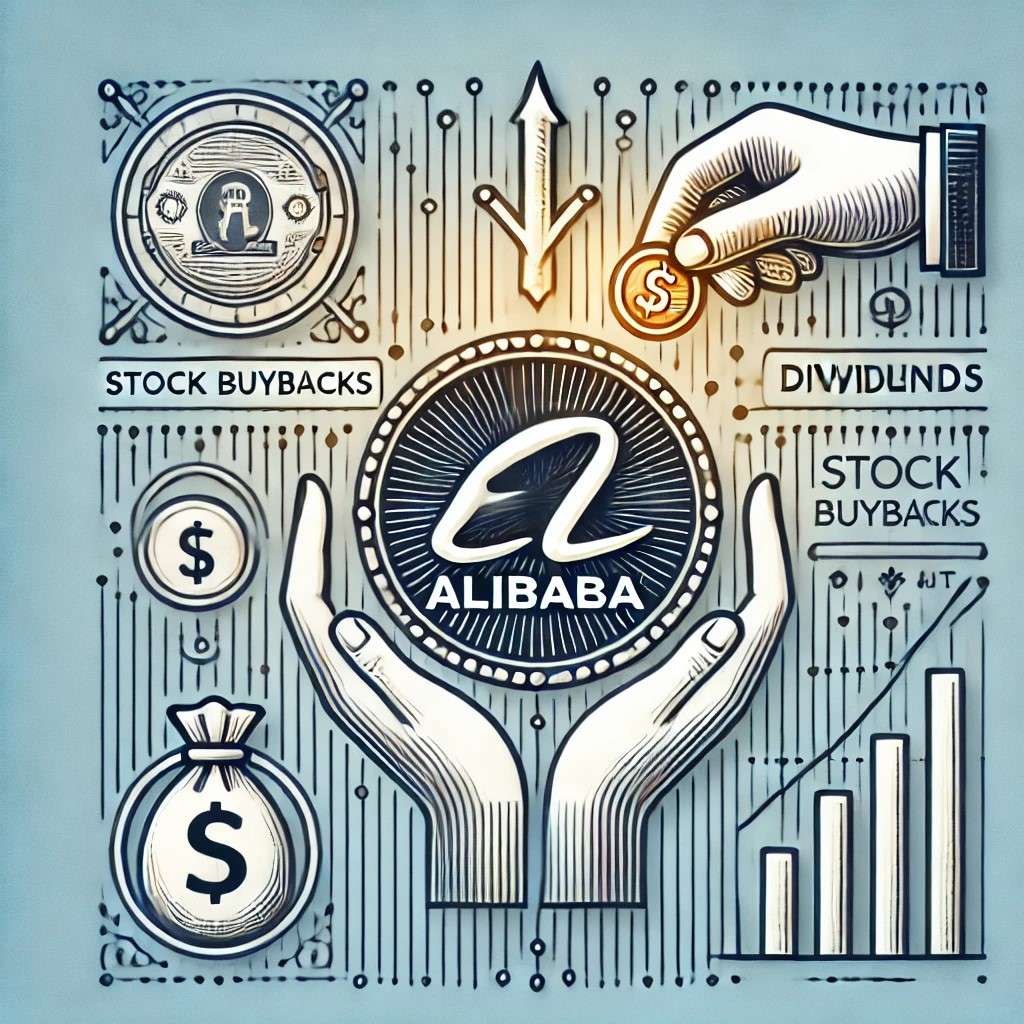
HKG: 9988 Alibaba’s $5.8 Billion Buyback: What It Means for Dividend Growth Investors in Hong Kong
Key Takeaways
Alibaba’s buyback shows its focus on rewarding shareholders, even if it doesn’t come through traditional dividends. For dividend growth investors, this could be an opportunity to think about portfolio growth beyond cash payouts.
- Buybacks and dividends both aim to increase shareholder value but work differently.
- Alibaba’s buyback could help boost the share price over time.
- Investors should consider their goals: Do they want regular income (dividends) or are they open to capital appreciation (buybacks)?
Alibaba’s buyback might not be a classic dividend, but it’s a move worth considering in a long-term growth portfolio.
Alibaba has made a bold move, committing $5.8 billion to repurchase its own shares, one of its largest buybacks in recent years. But what does this mean for shareholders, and why should dividend growth investors pay attention? Buybacks can be a powerful way to create value for investors, yet they’re not as straightforward as cash dividends. Here’s a look at what this means, why companies like Alibaba buy back their shares, and what dividend investors can take away from the strategy.
Find Out which of the Hong Kong Stocks Have Dividend Growth Potential—Skip Hours of Research |
What is a Stock Buyback?
A stock buyback, or share repurchase, is when a company buys its own shares from the stock market. This reduces the total number of shares available to the public, which can increase the value of remaining shares and concentrate ownership among current shareholders.
Why Did Alibaba Buy Back $5.8 Billion in Shares?
Alibaba’s decision to buy back its own shares has several potential reasons behind it:
- Boost Shareholder Value: By reducing the number of shares on the market, each remaining share potentially becomes more valuable, a reward to loyal shareholders without paying out direct dividends.
- Signal of Confidence: Companies often conduct buybacks when they feel their stock is undervalued. With Alibaba’s share price affected by recent regulatory pressures, this buyback sends a message that the company believes in its future growth.
- Flexibility Compared to Dividends: Unlike dividends, which commit cash outflows over time, buybacks give Alibaba more flexibility. They can slow or stop the buyback program if cash flow needs change, which isn’t as easy with dividend payments.
How Does a Buyback Compare to Dividends?
While a buyback doesn’t put cash directly into shareholders’ hands like a dividend does, it can have a similar effect in the long term. Here’s why:
- Higher Earnings Per Share (EPS): With fewer shares available, the earnings generated by Alibaba are spread across fewer shareholders, increasing earnings per share, which can support a higher stock price.
- Potential for Capital Gains: Shareholders benefit from the potential for stock price appreciation due to the buyback. However, this isn’t guaranteed, whereas dividends provide a clear, regular income.
- Tax Efficiency: For some investors, buybacks can be more tax-efficient than dividends, as they may prefer capital gains over dividend income, which can be taxed differently.
Why This Buyback Matters to Dividend Growth Investors
For dividend growth investors, Alibaba’s buyback offers a chance to think about portfolio growth in a different way:
- Value Addition without Cash Payouts: Even though Alibaba doesn’t have a strong track record of paying dividends, buybacks provide an indirect reward to shareholders.
- Undervalued Opportunity: Investors looking for growth potential may find Alibaba’s current valuation attractive, as the buyback could signal management’s confidence in a rebound.
- Long-Term Focus: Dividend growth investors often value long-term, steady returns. Alibaba’s buyback suggests a focus on long-term value creation, appealing to those who are willing to hold their investment.
Should Dividend Investors Buy into Alibaba?
Investing in a company because of a buyback can be appealing, but it’s essential to weigh both the advantages and potential downsides. Here’s a summary:
Pros of Alibaba’s Buyback:
- Increases Value per Share: Fewer shares mean that each one is theoretically more valuable.
- Potential for Share Price Growth: The buyback could support Alibaba’s stock price, which has faced pressure recently.
- Confidence Signal: Buybacks can show that Alibaba’s management is optimistic about future prospects.
Cons of Alibaba’s Buyback:
- Limited Immediate Returns: Unlike dividends, buybacks don’t provide direct income to investors.
- Dependence on Future Stock Price: For the buyback to be beneficial, Alibaba’s stock price needs to rise, which isn’t guaranteed.
- Cash Flow Pressure: Buybacks require significant cash. Investors may worry if Alibaba can sustain this while managing growth in areas like AI.
The Bigger Picture: Why Buybacks Are Popular
More companies in Hong Kong are using buybacks as a strategy to create value for shareholders. Here’s why they’re becoming more popular:
- Flexibility: Companies can adjust buyback amounts based on financial performance, unlike dividends, which investors expect regularly.
- Appealing in Volatile Markets: During uncertain times, buybacks allow companies to focus on value creation without committing to long-term cash outflows.
- Alternative to Dividends: For companies with strong growth ambitions, buybacks can be a good way to reward shareholders without sacrificing cash flow needed for investments.
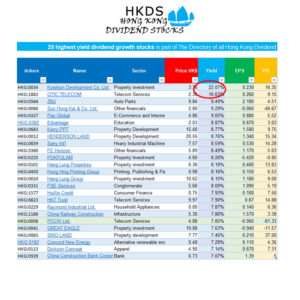
Sign up now and get immediate access to
25 highest yield dividend growth stocks.xls
The Best Part?
It’s completely free. No catch—just honest, data-driven insights that arm you with a consistent approach to dividend growth investing.

